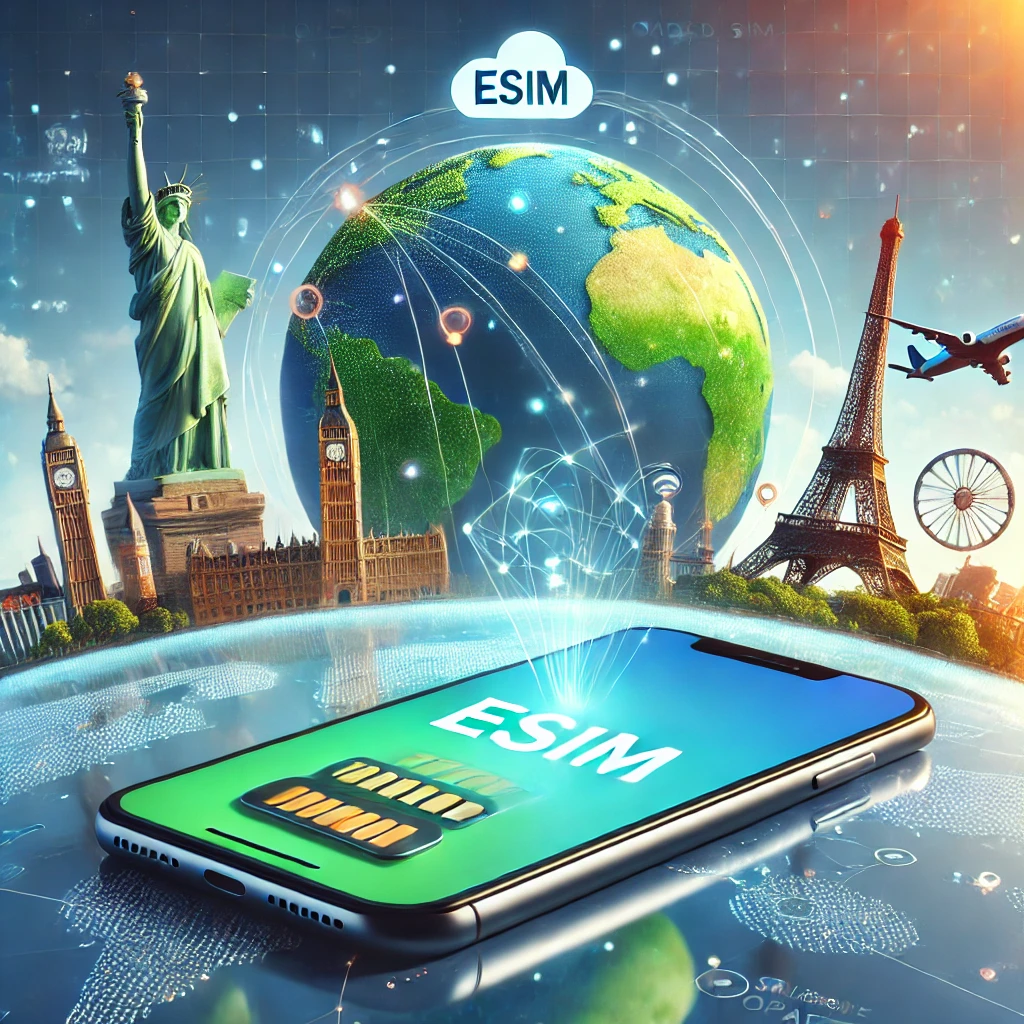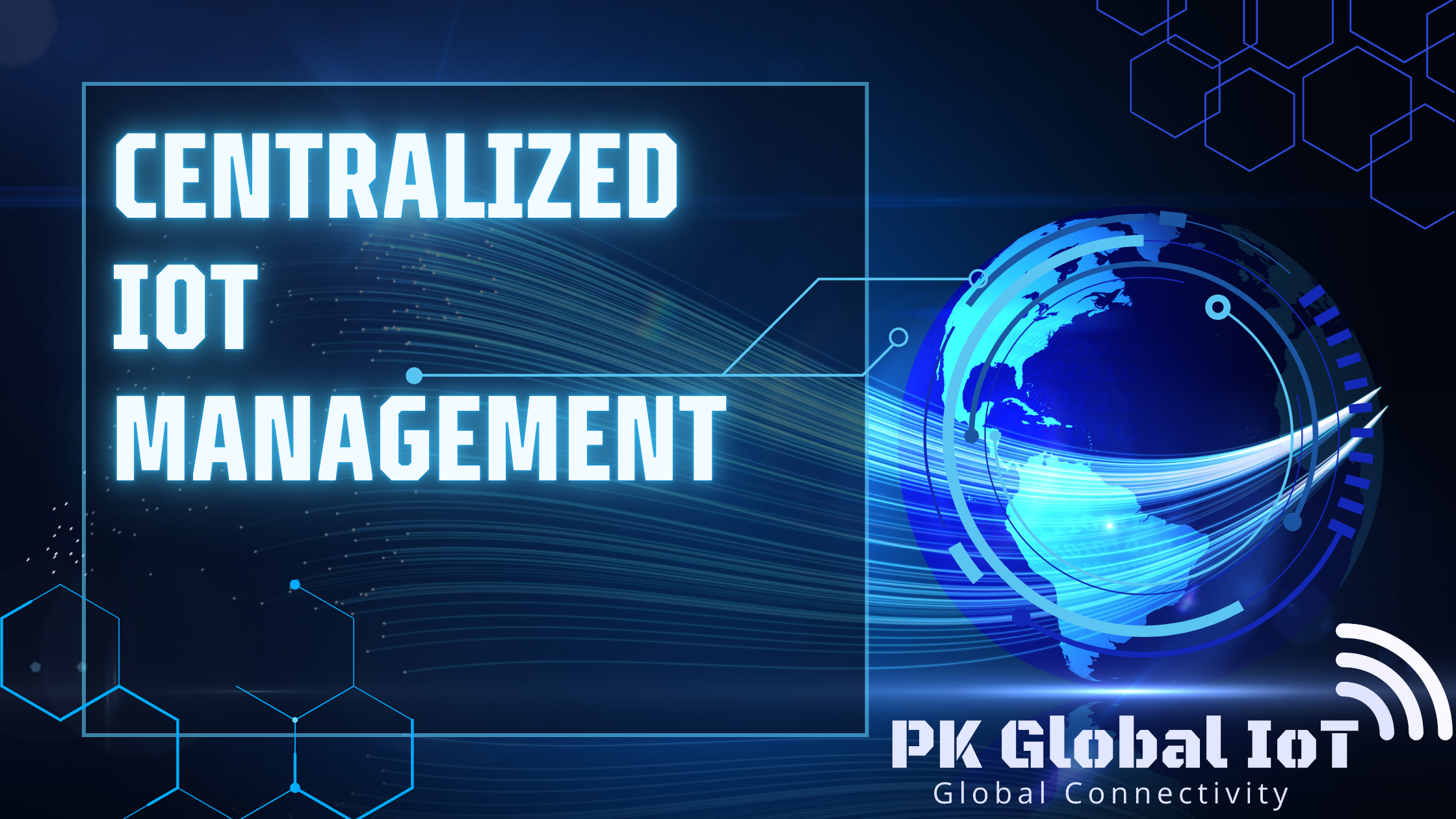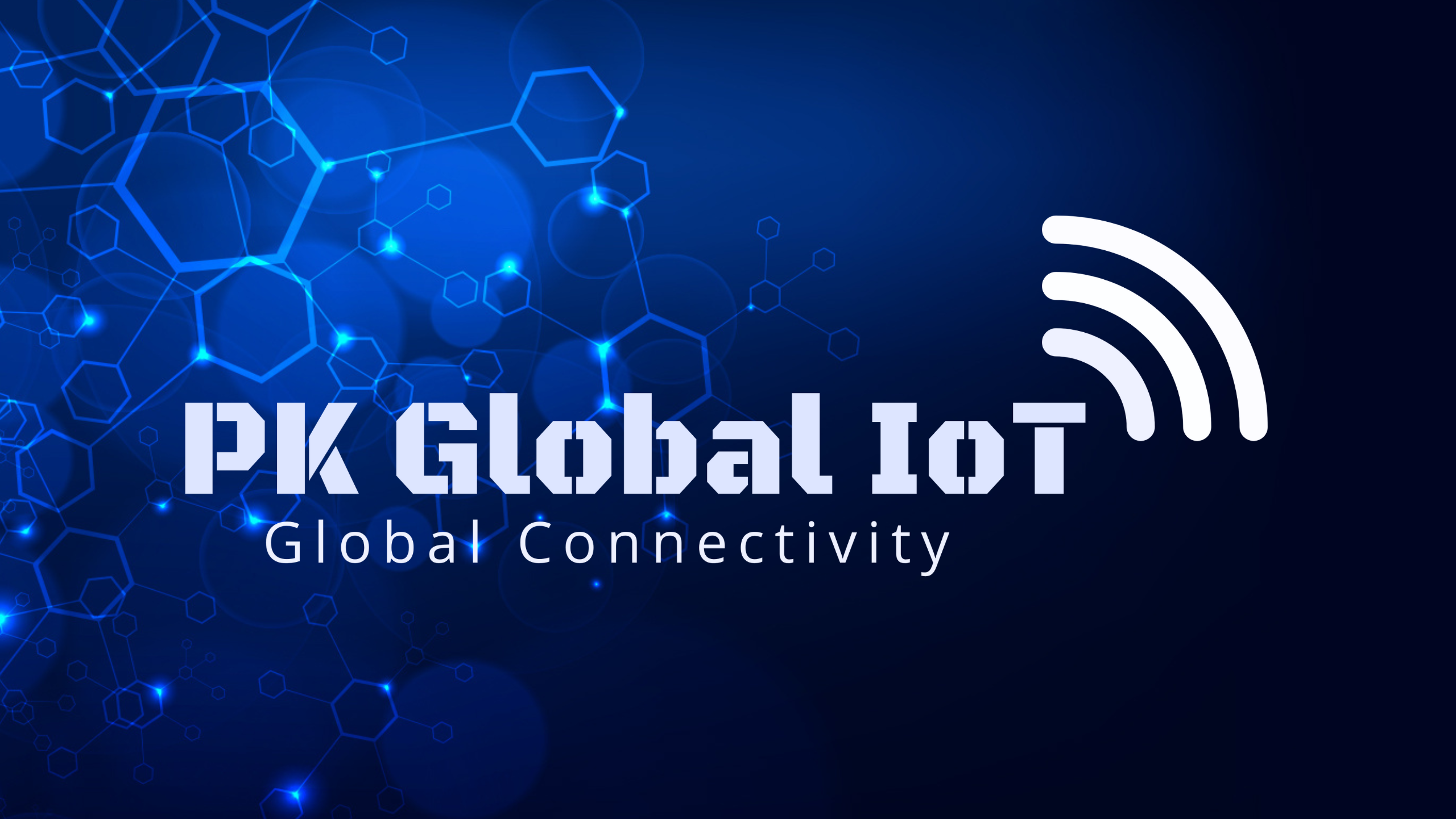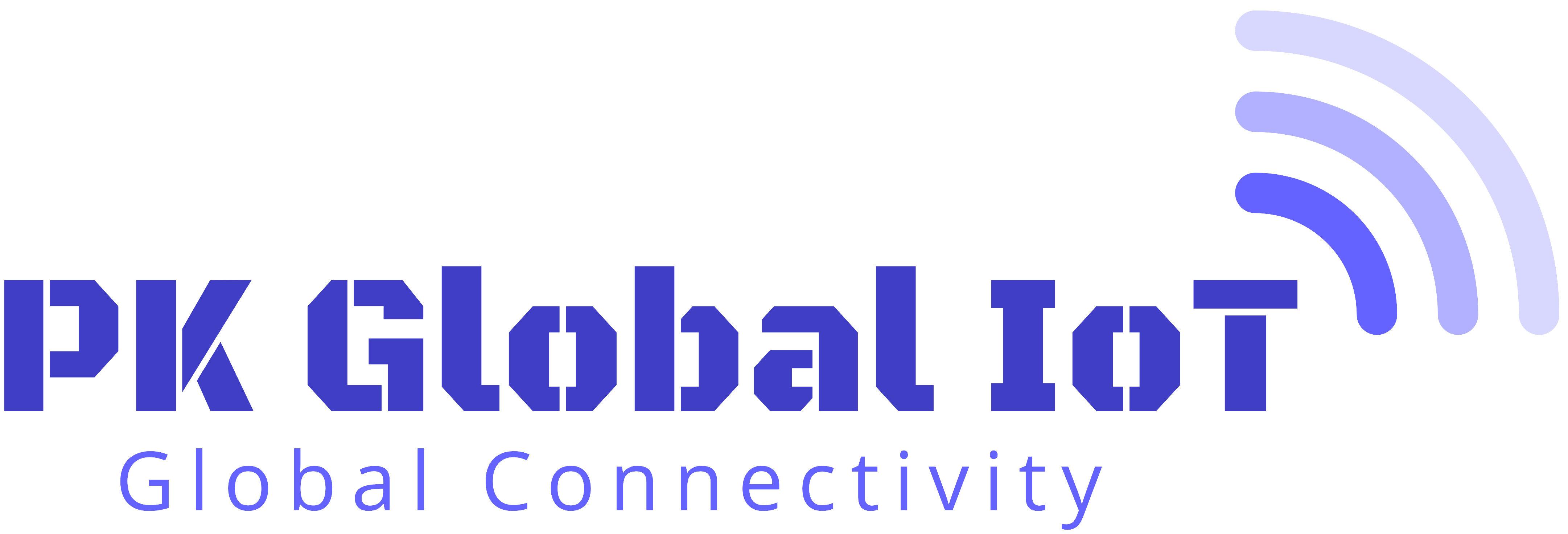In today’s interconnected world, businesses rely on the Internet of Things (IoT) to streamline operations, enhance customer experiences, and drive innovation. At the heart of every successful IoT deployment lies the right connectivity solution. But with so many options available, how do you select the ideal IoT connectivity provider? Here’s a comprehensive guide to help you make the right choice.
1. Coverage and Network Compatibility
The geographic scope of your IoT deployment plays a critical role in choosing a provider.
- Local vs. Global Coverage: If your IoT devices operate across countries or continents, ensure the provider offers seamless global connectivity.
- Network Types: Evaluate whether your solution requires cellular (4G/5G), LPWAN (LoRaWAN, Sigfox), Wi-Fi, or satellite connectivity.
Pro Tip: A provider offering multi-network capabilities ensures your devices stay connected even in challenging environments.
2. Scalability
Your IoT needs today may differ significantly from tomorrow.
- Device Volume: Can the provider scale with your growing device count?
- Flexibility: Look for solutions that adapt to changes, whether you add new devices or expand into new markets.
Scalable providers often offer flexible plans to match your evolving business needs.
3. Security
IoT devices are prime targets for cyber threats. Your connectivity provider must prioritize security.
- Encryption: Ensure end-to-end encryption for data transmission.
- Authentication: Multi-factor authentication and device verification protocols are essential.
- Compliance: Providers should comply with industry standards like GDPR, ISO 27001, or NIST guidelines.
Remember: A security breach in IoT can disrupt operations and harm your reputation.
4. Reliability and Uptime
In IoT, downtime is costly. Your provider must guarantee consistent and reliable connectivity.
- Service Level Agreements (SLAs): Look for providers offering strong SLAs with clear uptime guarantees.
- Network Redundancy: This ensures failover options in case of outages.
Providers with proven reliability help maintain business continuity.
5. Cost Efficiency
While cost is a major factor, it should not overshadow quality.
- Transparent Pricing: Avoid providers with hidden fees or unclear billing practices.
- Pay-as-You-Go Options: These plans offer flexibility for startups or businesses testing new IoT solutions.
Compare the total cost of ownership (TCO) with the value the provider delivers.
6. Integration and Compatibility
IoT systems often require integration with existing IT infrastructure.
- APIs and SDKs: A provider with robust APIs simplifies integration.
- Device Compatibility: Ensure the provider supports the devices and protocols you plan to use.
Seamless integration reduces time to market and operational complexities.
7. Support and Customer Service
In IoT, technical issues can arise unexpectedly. A dependable support system is crucial.
- 24/7 Support: Check if the provider offers round-the-clock assistance.
- Dedicated Account Managers: Providers that assign account managers can better address your unique needs.
Quick and effective support minimizes disruptions.
Final Thoughts
Choosing the right IoT connectivity provider is a cornerstone of your IoT success. By considering factors like coverage, scalability, security, and cost, you can ensure a solution that meets both your current and future needs.
At PK Global IoT, we specialize in delivering tailored connectivity solutions designed to empower businesses worldwide. With industry-leading expertise, robust security, and scalable offerings, we are your trusted partner for IoT innovation.
Ready to transform your IoT journey? Contact Us sales@pkglobaliot.net to learn more about how we can help!




